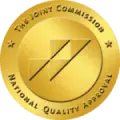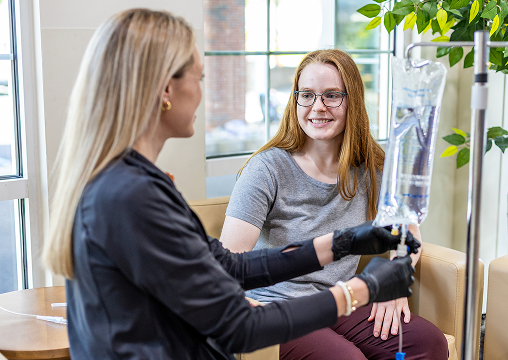
Indiana Center for Recovery has a reputation for the most advanced addiction and mental health care in the Midwest — covered by insurance and backed by hundreds of positive reviews.



We’re the only rehab in Indiana offering the full range of care and advanced therapies. Whatever you’re facing, you can get exactly the right kind of help.









I can, without a doubt, say this place saved me . I tried other therapies without success. The staff here are always available to support you. Everyone is vested in your recovery and takes it as personal. I love this place. You will not regret it.
Out of the five drug and alcohol rehabilitation establishments I have been a patient at, this has been the only rehab that gave me a solution to not only my addicion problem but also to the sadness and destruction of my life. I am loving life and myself in a way I never have before.
Indiana Center for Recovery saved my life...They go above and beyond their call of duty for all their clients. they're by far the most hands-on and caring people you can think of.

Whether you’re just starting to feel overwhelmed or struggling for years, we can help without trying to fit you into a certain box.
You have access to inpatient or outpatient treatment with holistic options like art and music therapies and advanced options like Biofeedback, Transcranial Magnetic Stimulation (TMS), Spravato® Ketamine Therapy, GeneSight® Testing and Eye Movement Desensitization and Reprocessing (EMDR).
Whatever you're facing, real relief is possible — and starts here.

If you're struggling with alcohol or drugs including opioids or stimulants, we meet you where you are - no judgment, no cookie-cutter approach.
Detox safely and comfortably with medical support and NAD+ IV Therapy. Then, get advanced options you won't find anywhere else in the state at our inpatient or outpatient drug rehabs that treat underlying issues like anxiety, depression, or trauma too.
It's everything you need to get better (and stay better).






Treatment here is usually in-network, so any cost to you is as low as possible — sometimes even zero. No one will be notified if you reach out. And, there’s no commitment to get answers.
Specialists here are referenced in more than 100 research papers and national news media publications.
That kind of recognition doesn’t happen by accident — it’s the result of deep clinical insight. Our work elevates the status quo, raising standards nationwide for what effective care looks like.
You don’t have to figure everything out before you reach out. Speak with someone who has been through it and can guide you to the other side.
Just talking to someone who actually understands usually brings relief — and that’s a good place to start.



